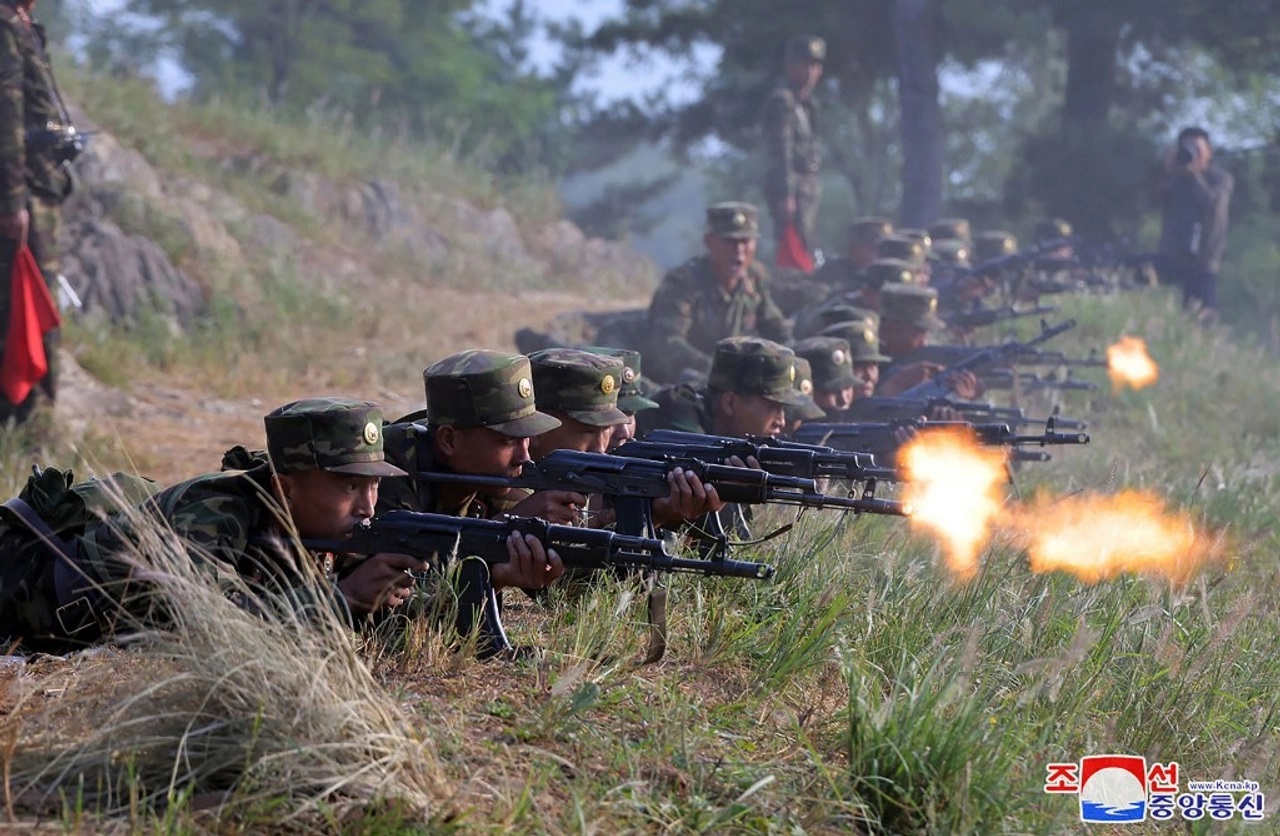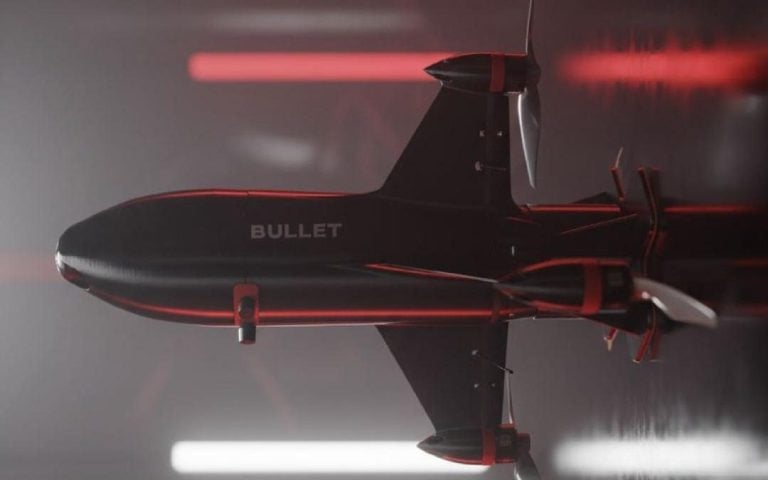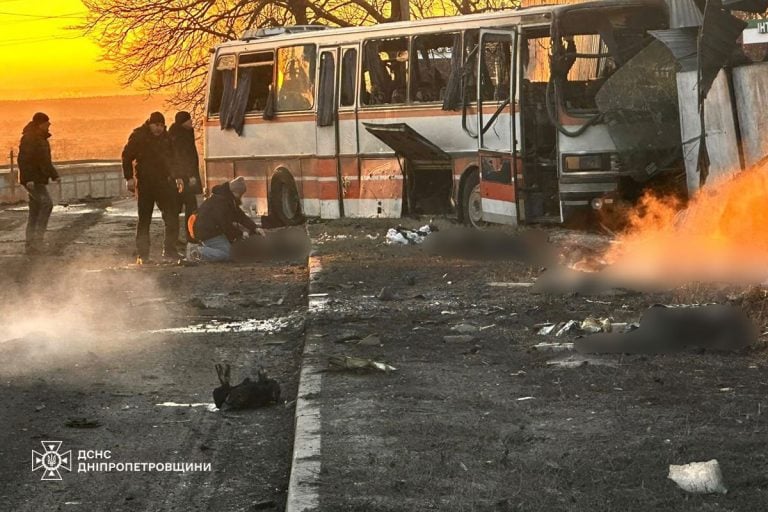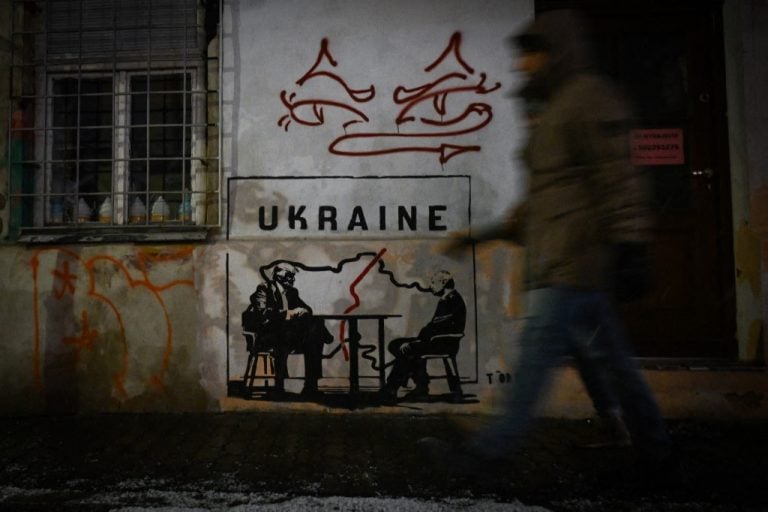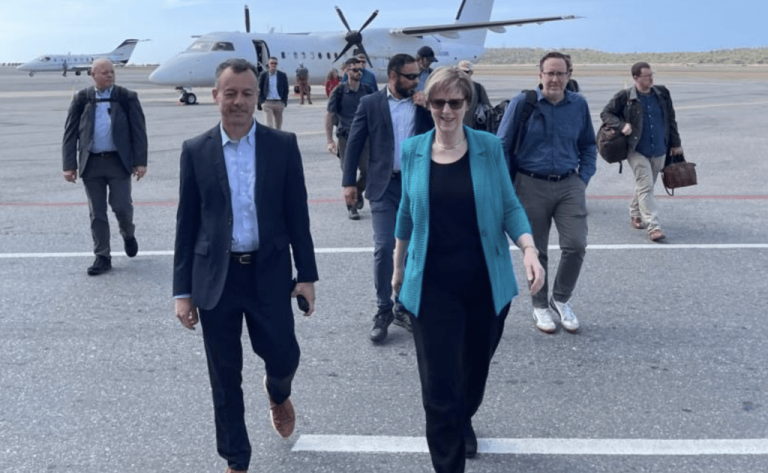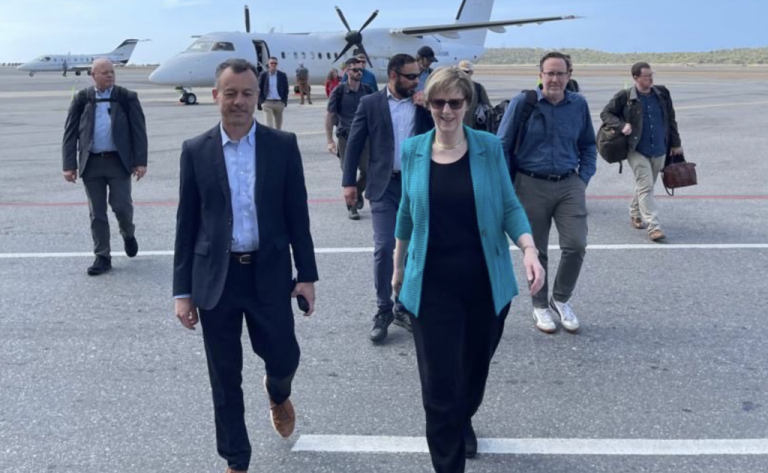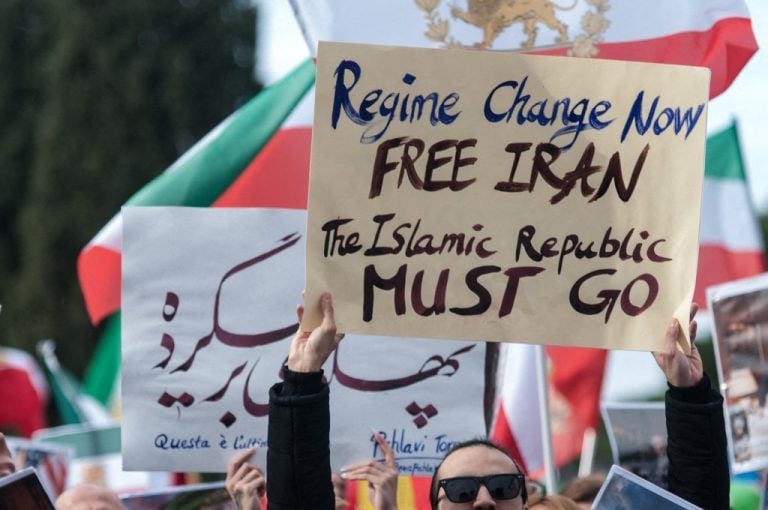North Korea has made a significant admission regarding its military involvement in the ongoing conflict in Ukraine, confirming for the first time that it has deployed troops to Russia. The state news agency KCNA reported that North Korean soldiers played a role in helping Moscow reclaim territory under Ukrainian control in the Kursk region. This revelation follows an earlier confirmation from Russian sources regarding North Korea’s participation, which has been previously reported by South Korean and Western intelligence agencies, indicating that more than 10,000 North Korean soldiers were dispatched to assist in Kursk last year.
The country’s Central Military Commission stated that the deployment was executed in accordance with a mutual defense treaty between North Korea and Russia. In the KCNA report, it was highlighted that these troops participated in operations aimed at liberating the Kursk area under the directive of North Korean leader Kim Jong Un. He characterized the soldiers as “heroes” and representatives of the honor of the motherland, adding that a monument to commemorate their “battle feats” would soon be erected in the capital. This acknowledgment includes reference to North Korean soldiers who lost their lives during the combat, marking a rare public admission of casualties.
Kim Jong Un emphasized the need for the nation to implement significant measures to honor and support the families of these veterans. He portrayed the military operations in Kursk as a successful effort to repel what he described as an adventurous invasion by Ukrainian forces. Russian Chief of Staff Valery Gerasimov praised the North Korean soldiers for their contributions, indicating that they provided considerable support in overcoming Ukrainian military resistance.
However, the deployment of North Korean troops has drawn condemnation from South Korea, with the Ministry of Defense declaring that this military action violates United Nations Security Council resolutions. A spokesperson for the ministry stated that by officially recognizing the troop deployment, North Korea had effectively admitted to its own unlawful actions.
Experts believe that this public acknowledgment was strategically planned in collaboration between North Korea and Russia. Yang Moo-jin, president of the University of North Korean Studies, suggested that both countries assessed that the advantages of the troop deployment outweighed any potential damage to their international reputation. By offering state benefits to the soldiers involved, North Korea could mitigate any internal dissent while showcasing its confidence. This maneuver, according to Yang, reflects a desire to emphasize that the victory in the Kursk region was partly attributable to their military involvement, thereby positioning themselves for greater rewards from Russia.
Despite Russian assertions of successfully liberating the Kursk region, Ukrainian President Volodymyr Zelensky maintained that Ukrainian forces continued to engage in conflict in the area. North Korea’s Central Military Commission framed the operation as evidence of the “firm militant friendship” between North Korea and Russia.
Looking ahead, attention turns to the upcoming Russian Victory Day celebrations on May 9, which will mark 80 years since the defeat of Nazi Germany and is set to feature a massive military parade and a speech from President Vladimir Putin. Speculation surrounds whether Kim Jong Un will attend this event. While experts suggest that the likelihood of his presence is low, it remains a possibility, particularly if the recapture of the Kursk region serves as justifiable grounds for his participation.
